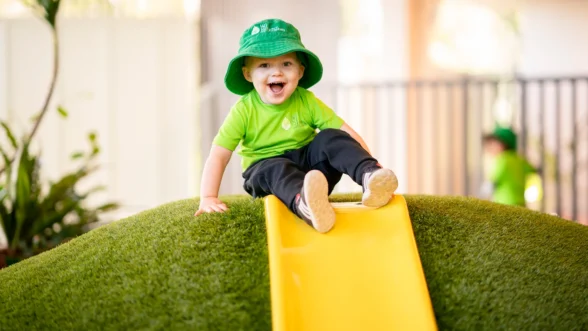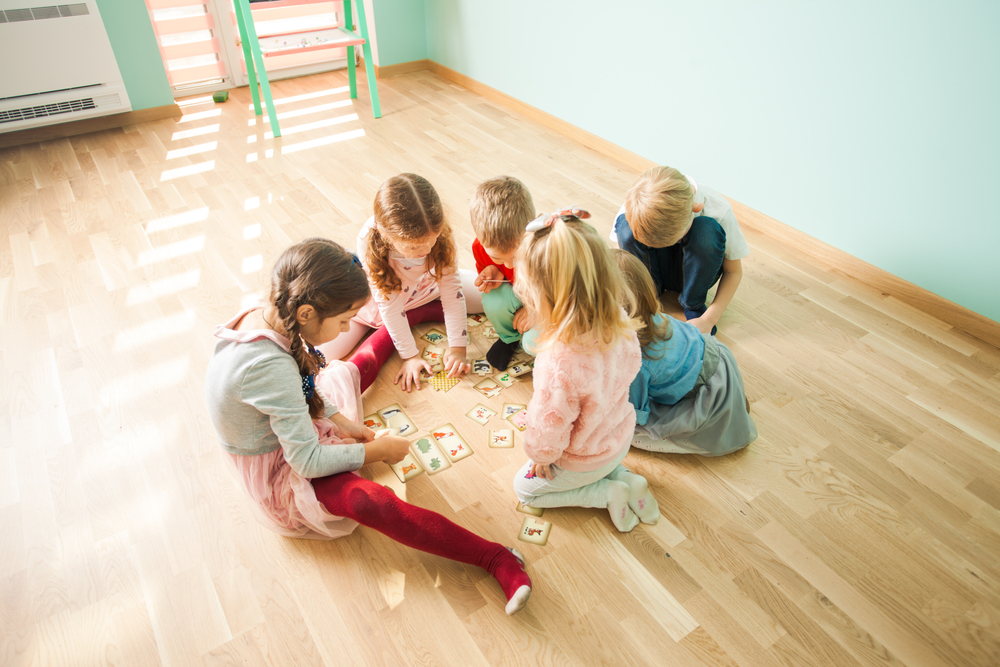
Education, Wellbeing
Education
28 January, 2026

From Gin to Go Fish, Solitaire to Snap, card games provide more than just endless fun – they also offer plenty of opportunities for your children to improve a range of important skills!
Developing strong fine motor skills in childhood is key, and card games are a great way to do exactly that! Much like building with blocks or drawing with crayons, holding cards will work your child’s smaller hand and finger muscles, while dealing and sorting them requires children to use their thumb, index and middle finger. Meanwhile, for the older children, learning to shuffle cards develops the bilateral coordination of their hands and improves their control across the palms.
Card games require observation and conversations – they provide your child the opportunity to interact with other players and understand their emotions, as well as giving them chances to be honest and clear communicators. For example, shy children often feel more confident playing cards, as the conversations had during game play are relatively predictable and easy to follow.
Playing card games provides parents with a way to teach lessons about winning and losing. For example, parents should be sure to congratulate the winner on winning the game while graciously accepting defeat themselves. Moreover, it’s a good idea for parents to always emphasise the importance of concentration and practice for success – if their child is upset about losing, parents should let them know that hard work could improve their skills.
It goes without saying that flipping cards to match two of the same colour, shape or pattern can be a great way for children to build recognition and memorisation skills. But ‘Memory’ isn’t the only card game that improves our ability to recall information – simply learning and repeating the rules for a card game can help! Card games rely heavily on short-term memory skills, but have also been shown to improve long-term memory and other cognitive functions, too.
Whether your chosen card game primarily involves luck, skill or a mix of both, there are always opportunities to improve your child’s problem-solving abilities. While children learn and tweak the strategies needed to win, they will develop their problem-solving skills and be able to better tolerate feeling frustrated as they work through the game.